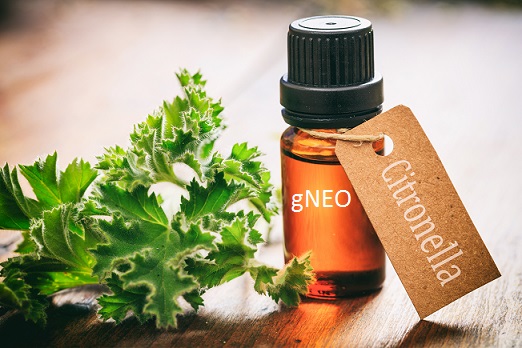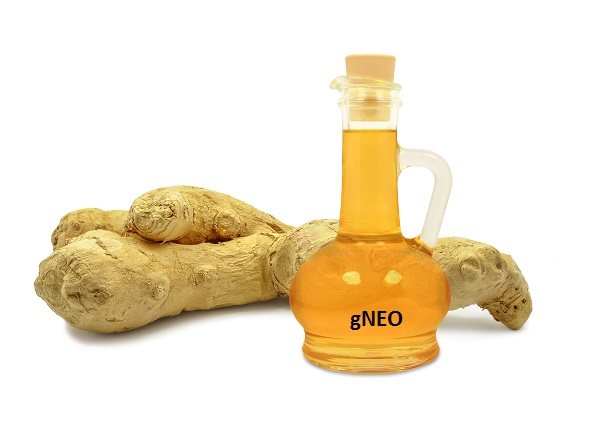Description: Cumin seeds and Cumin seed oil are used for cosmetic purposes, culinary applications, and medicinal purposes. Cumin seed oil is ideal as a herbal remedy, condiments, and remedy for inflammations, sores, bites, irritations, and rashes. The health benefits of Cumin Essential Oil can be attributed to its properties as a bactericidal, carminative, digestive, diuretic, antiseptic, anti-spasmodic, detoxifier, emenagogue, stimulant, nervine, and tonic substance. Cumin essential oil can be used against colic, dyspepsia, flatulence, and depression. Traditionally, its usage was to address numerous health conditions like sexually transmitted diseases, anorexia, and gynaecological ailments. It served to stimulate metabolism and appetite, treating neurological disorders, and enhancing harmony between the body and the mind. Today, cumin seeds and cumin oil are used for cosmetic purposes, culinary applications, and medicinal purposes. Cumin essential oil is ideal as a herbal remedy, condiments, and remedy for inflammations, sores, bites, irritations, and rashes. It mainly addresses issues such as colic, dyspepsia, and sluggish digestion. Cumin enhances digestion, but it has to be used in lower quantities. Higher dosages will inhibit digestion and cause vomiting. Cumin essential oil enhances the release of bile juice and gastric juices and also stimulates peristaltic motion in the intestines. Additionally, it treats low appetite by way of its exciting smell.
Botanical Name: Cuminum cyminum
Plant Part: Seeds
Extraction Method: Steam Distillation
Odor and Appearance: Clear with a tint of yellow and an earthy, spicy aroma, similar to cumin powder.
Country of origin: Egypt
Main Constituents: cuminaldehyde, gamma-terpinene, p-cymene, and beta-pinene.
Common Uses: Common uses of Cumin Essential Oil include its utilization in culinary applications to add a warm and savory flavor to dishes, its incorporation in aromatherapy blends to promote a sense of grounding and comfort, and its potential use in massage oils for its soothing properties, particularly for digestive discomfort. Additionally, it can be employed in natural perfumery to provide depth and complexity to fragrance compositions.
Note: Middle note.
Blends well with: Coriander, cardamom, and cinnamon, as well as citrus oils such as orange and lemon
Contraindications: They precaution against using it topically near the face of children and infants. Cumin essential oil is phototoxic and should, therefore, not be exposed to the sun after application. Also, users should use this oil in very mild dosages as it has a strong smell that may cause nausea or headaches. Cumin oil can cause skin sensitivity. Thus, when applied topically, it should be diluted with a carrier oil. It is advisable to perform a skin patch test to check for any allergic reactions. Also, avoid contact with eyes, ears, and other sensitive areas. Pregnant and nursing women should avoid using cumin essential oil. Keep out of reach of children.
* These statements have not been evaluated by the Food and Drug Administration. This product is not intended to diagnose, treat, cure, or prevent any disease.*
For large quantities please contact us via our phone number or through the Contact Us page.
Like us on Facebook.








Reviews
There are no reviews yet